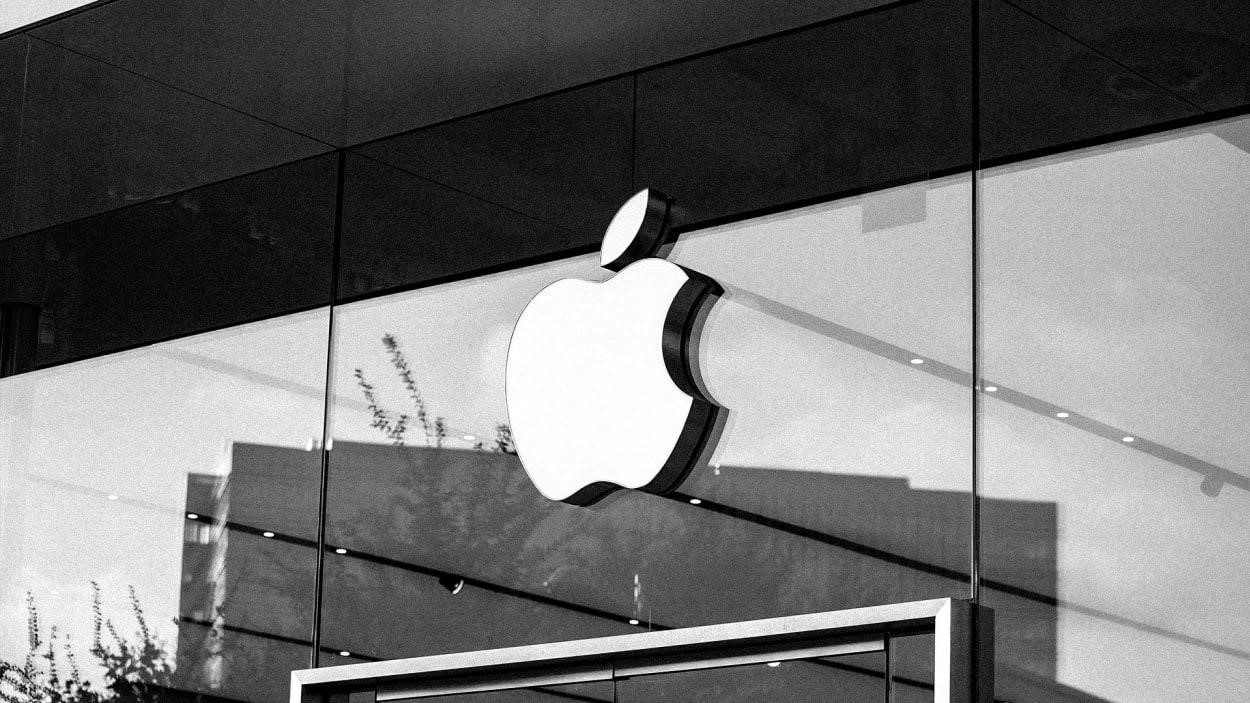Apple is now supporting ‘right to repair’ laws—here’s what that could mean for its devices
Six years ago, it was hard to find a company more opposed to the idea of letting consumers repair their own iPhones than Apple. Nebraska’s introduction of legislation that would require electronics manufacturers to make available everything from repair manuals to parts to anyone who wanted them prompted Apple to declare the state would become a “mecca” for hackers.
Times have changed.
Apple is now throwing its support behind a proposed Right to Repair bill in its home state of California—the same bill it stood against when it was first introduced in 2018.
The reversal, in many ways, closes the circle for Apple. While it was vehemently against the idea of repairs being done by anyone other than authorized vendors or its own team before, it has slowly been coming around to the idea.
In a note to the bill’s sponsor’s staff, seen by other media outlets, Apple said “We support SB 244 because it includes requirements that protect individual users’ safety and security, as well as product manufacturers’ intellectual property. We will continue to support the bill, so long as it continues to provide protections for customers and innovators.”
The company also requested that repair shops not be allowed to turn off Apple’s anti-theft remote locks and be required to disclose the use of “non-genuine or used parts,” CNBC reported.
The ice began to break in November 2021, when Apple announced it would soon begin selling the parts, tools, and instructions necessary for people to fix their iPhones. Those kits went on sale in April of last year.
In publicly supporting Right to Repair bills, like the one in California, Apple not only raises awareness among consumers about those kits, it potentially buys it a little goodwill with the Federal Trade Commission, which last summer said it would “ramp up” law enforcement actions against tech companies that made it hard to fix their devices.
“These types of restrictions can significantly raise costs for consumers, stifle innovation, close off business opportunities for independent repair shops, create unnecessary electronic waste, delay timely repairs, and undermine resiliency,” FTC Chair Lina M. Khan said during an open Commission meeting at the time.
The FTC has been particularly aggressive toward big tech since the beginning of the Biden administration, and since Apple had already ceded the self-repair hill, it’s in the company’s best interest to back legislation that secures it.
If the California bill becomes law, it will require companies to continue manufacturing any parts, tools, and documentation necessary to repair a phone or other gadget after that product is no longer manufactured. If the price of those repair items falls between $50 and $100, there’s a three-year window they must be available. If products cost over $100, they must be available for seven years.
Apple’s previous resistance to the bill wasn’t the legislation’s only roadblock, though. State Senator Susan Talamantes Eggman first proposed this act in 2018, but it didn’t see notable backing until this year. It will have its final hearing in the Senate (which has already passed the bill) next week, then go before a vote by the California State Assembly. From there, the governor must sign it.
The bill could lead to a more competitive landscape for repairs to iPhones and other devices. Replacing, for instance, the screen on an iPhone 14 Pro Max can run as much as $379 if someone doesn’t have AppleCare+. With self-repair and a widening of the overall repair market, that price could potentially drop.
While Apple has changed its mind on right-to-repair bills, not all gadget makers are on board. E-bike companies have been fighting to be exempted from these sorts of laws this year.
Proponents of right-to-repair legislation have hailed the company’s decision, even as they took a victory lap.
“Apple has long been one of the main Goliaths standing in the way of Right to Repair,” said Nathan Proctor, senior director of PIRG’s Right to Repair Campaign in a statement. “We’re closer than ever to a more fixable world.”
California, if it passes the bill, will be the latest state to guarantee consumers the right to repair their devices how they want. New York, Colorado, and Minnesota all passed their own Right to Repair laws in the past year.
(7)



